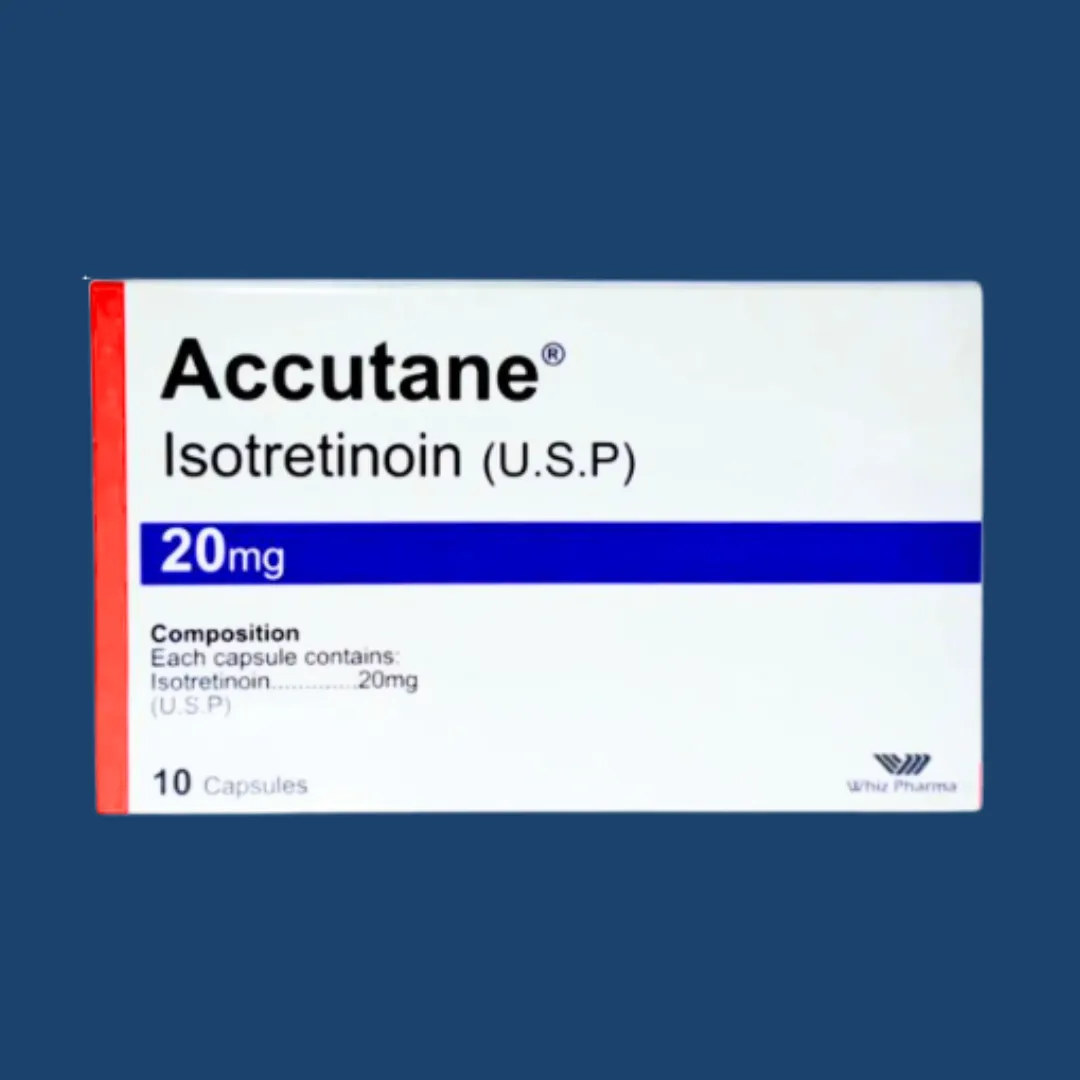



Treat severe acne with FDA-approved isotretinoin (Accutane), a powerful oral medication taken to clear up your skin.


Accutane (isotretinoin) is a powerful prescription medication used to treat severe acne that hasn’t responded to other treatments. It is not intended for use in children or during pregnancy. Pregnant women must not take or handle isotretinoin due to the high risk of serious birth defects. Routine blood work and strict contraceptive measures are required during treatment. See pricing details here.
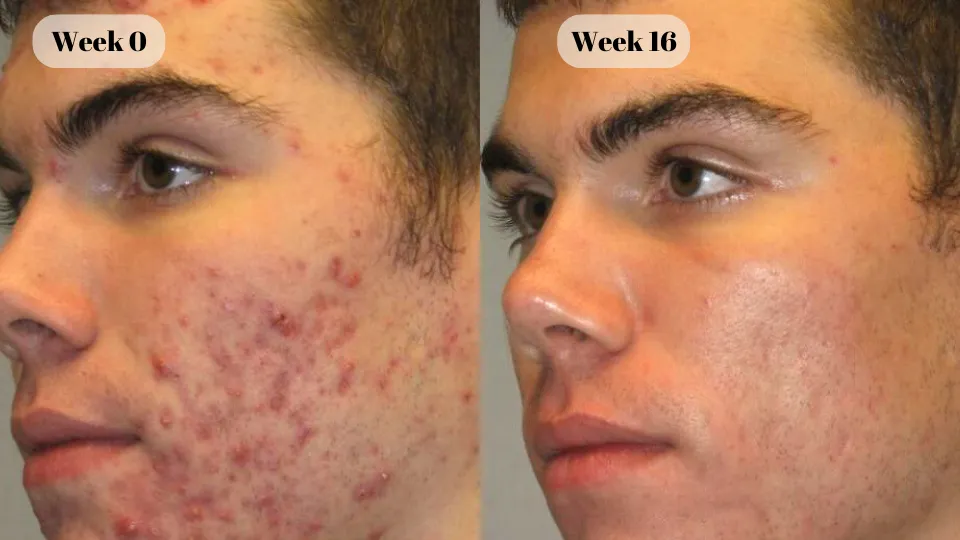
“Very happy to have been able to clear my skin conveniently from home.”
Samuel
DermOnDemand patient
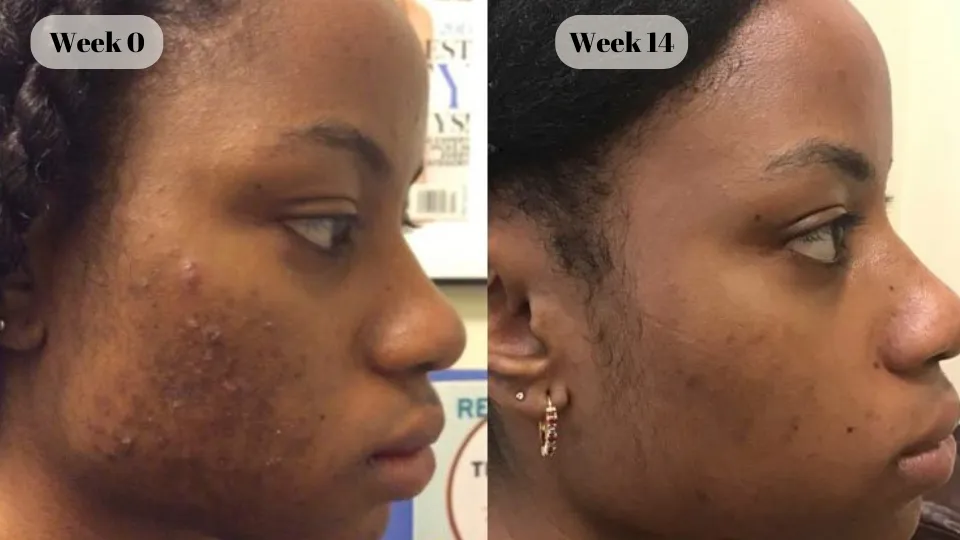
“My cystic acne had been bothering me for a while, but now it's gone so thank you!”
Katie
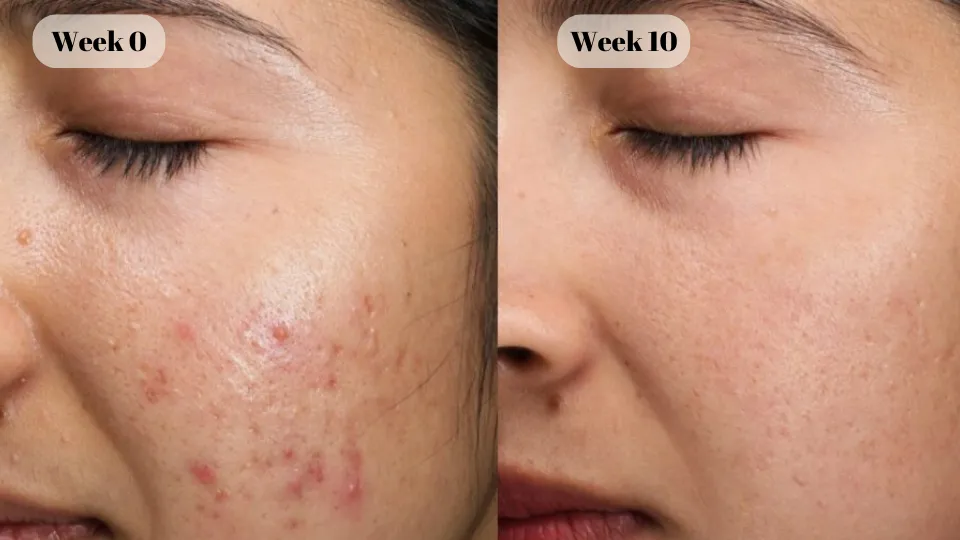
“Acne annoyed me much of my life because of the constant visits to the dermatologist, now I can be treated from home.”
Talia
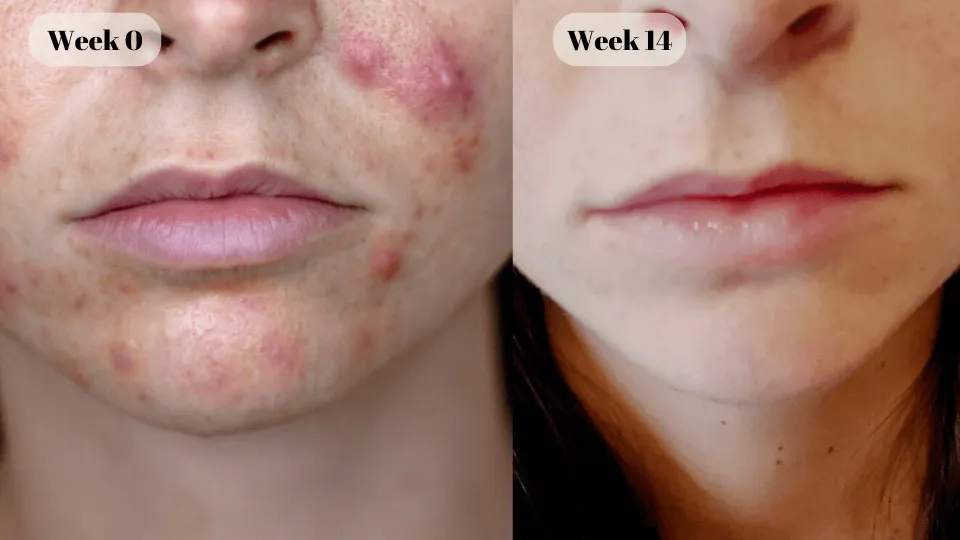
“DermOnDemand thank for making this possible to get great care for my acne without having to take off from work.”
Holly
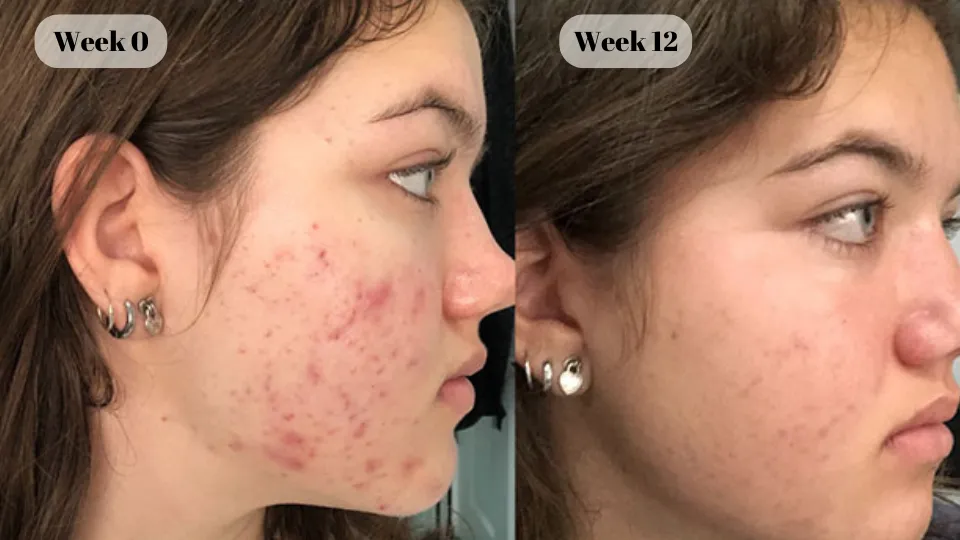
“Feeling blessed with my clear skin that I finally achieved.”
Riley
*In clinical studies in men with hair loss at the crown of the head, 83% of men who used finasteride had no further hair loss after 2 years (vs. 28% in the placebo group).
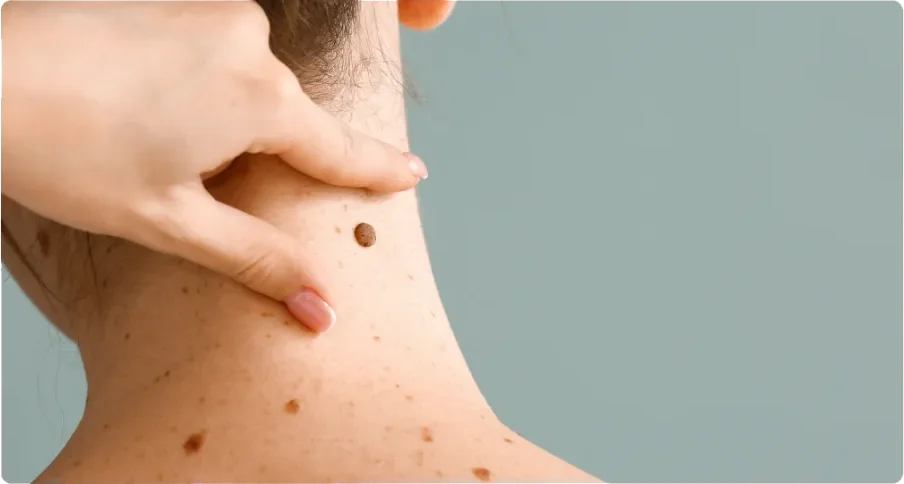
Quickly share your skin concerns by answering a few questions and uploading photos—it takes just 5 minutes.

Our dermatology team will carefully review your information, diagnose your condition, and create a tailored plan within 24 hours.
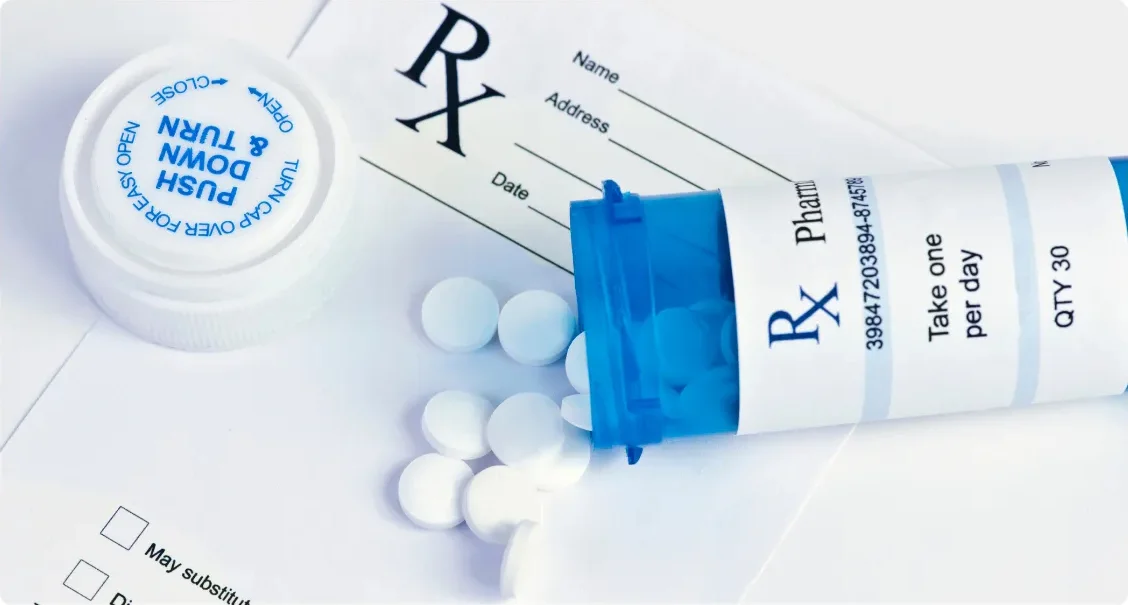
Your customized plan will be sent directly to you, and prescriptions (if needed) will go straight to your pharmacy.